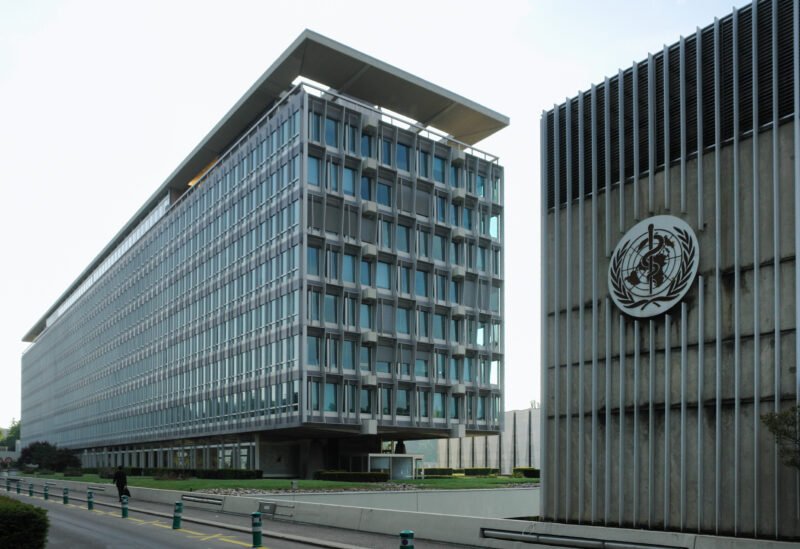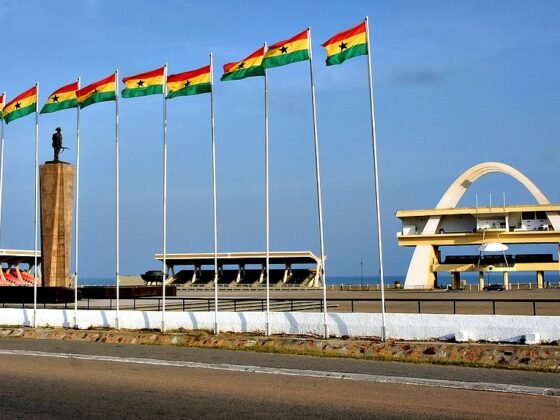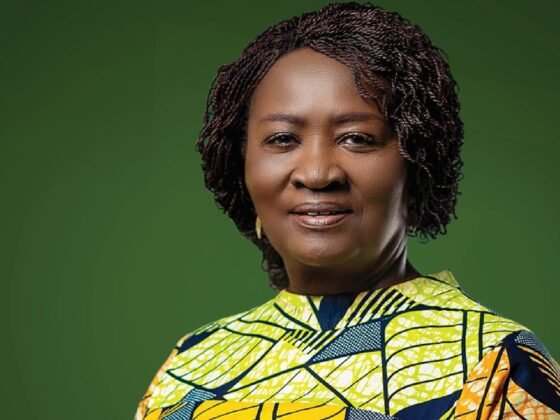Since the start of 2024, the African region has been experiencing a significant surge in mpox cases, with more countries that previously had no cases now reporting infections. The World Health Organization (WHO) has elevated its response to the highest level, requiring a full-scale effort across the organization. WHO Director-General, Dr. Tedros Adhanom Ghebreyesus, has also called for an emergency meeting of experts to determine if this outbreak should be declared a Public Health Emergency of International Concern.
Currently, 15 African countries are facing a mpox outbreak, with a total of 2,030 confirmed cases and 13 deaths so far this year. This is a sharp increase compared to 1,145 cases and seven deaths in the entire year of 2023. Four countries – Burundi, Kenya, Rwanda, and Uganda – which had not reported mpox cases before, have seen infections since mid-July 2024. In the Democratic Republic of the Congo, which accounts for over 90% of the cases, a new variant of the virus, first identified in September 2023, is spreading in the eastern region. Rwanda and Uganda have also reported cases of this new variant, with Kenya confirming cases as well. Burundi is still investigating to determine if their cases are linked to this variant.
Dr. Matshidiso Moeti, WHO’s Regional Director for Africa, emphasized the urgent need to stop the virus from spreading. WHO is working closely with partners to support countries in strengthening their outbreak control efforts and ensuring that communities play a central role in these efforts.
The spread of mpox varies across the region. In the eastern Democratic Republic of the Congo, the new variant, known as clade 1b, is spreading mainly through sexual contact and due to high population movement. In South Africa, most cases are reported among men who have sex with men. In West and Central Africa, the transmission is linked to the global outbreak of 2022. WHO is conducting further analysis to better understand these transmission patterns and improve the response to the outbreak.
WHO is working on multiple levels, from global to local, collaborating with partners like the Africa Centres for Disease Control and Prevention. They are supporting national authorities to strengthen critical response areas such as disease surveillance, testing, clinical care, and infection prevention. Efforts are also being made to improve access to treatments, decentralize laboratory services, and increase community awareness about the risks of the disease.
In affected and at-risk countries, field investigations and active case finding are being intensified. WHO is also enhancing contact tracing efforts, using knowledge from previous outbreaks to ensure that interventions meet the needs of key populations. Additionally, WHO is mobilizing financial resources to help countries effectively respond to the outbreak.

To accelerate the availability of vaccines, treatments, and diagnostics, WHO is advancing the Emergency Use Listing Procedure. The organization is working with countries to develop vaccination strategies and plans, aiming to roll out vaccines as soon as they become available. While vaccines are an important tool, they are just one part of the broader public health strategy to control mpox.
Mpox spreads from animals to humans, often in areas close to tropical rainforests where the virus-carrying animals live. It can also spread between humans through contact with bodily fluids, skin lesions, respiratory droplets, and contaminated objects.
Treatment for mpox is mainly supportive, focusing on relieving symptoms. Various treatments are being developed and tested. Prevention and control efforts rely on raising community awareness and educating health workers to prevent infection and stop the virus from spreading.unities and educating health workers to prevent infection and stop transmission.












